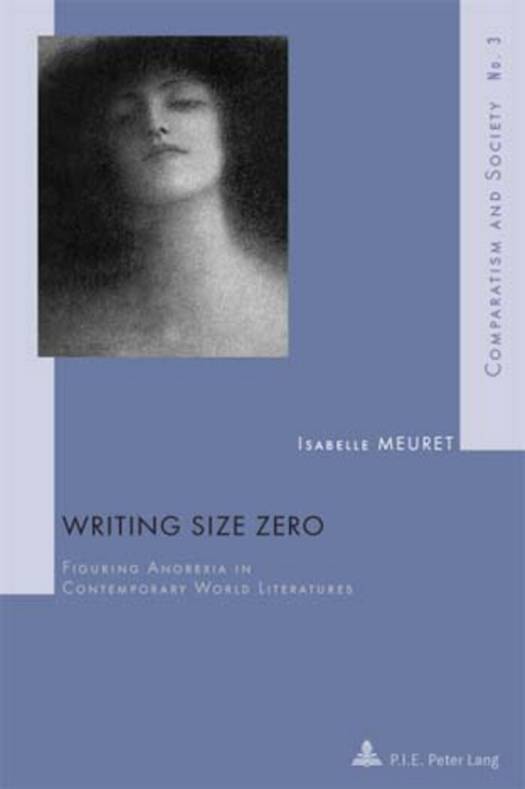
Bedankt voor het vertrouwen het afgelopen jaar! Om jou te bedanken bieden we GRATIS verzending (in België) aan op alles gedurende de hele maand januari.
- Afhalen na 1 uur in een winkel met voorraad
- In januari gratis thuislevering in België
- Ruim aanbod met 7 miljoen producten
Bedankt voor het vertrouwen het afgelopen jaar! Om jou te bedanken bieden we GRATIS verzending (in België) aan op alles gedurende de hele maand januari.
- Afhalen na 1 uur in een winkel met voorraad
- In januari gratis thuislevering in België
- Ruim aanbod met 7 miljoen producten
Zoeken
€ 103,45
+ 206 punten
Omschrijving
Like hysteria, anorexia is a fin de siècle pathology which fascinates and has reached epidemic proportions at the turn of the millennium. Parallel to the development of the phenomenon, an important body of experiential texts has revealed its presence in various parts of the world. While the medical discourse is still struggling with this conundrum, literature gives way to different interpretations by revealing the interconnectedness between writing and starving. Both signifying practices are experiences of the limit where fluxes of particles - food, words - are in constant interaction. Unlike most contemporary readings of anorexia, this book offers an original insight into the creative process inherent to the pathology, which the author calls Writing Size Zero. Body of writing and writing of the body, as found in western and post-colonial texts, delineate an in-between space producing new epistemologies. Through a close reading of the semiotics of self-starvation, the author debunks the myth of anorexia as a mental disease of the West and insists on the variety of expressions and figurations inherent to the pathology. By providing a meaning to self-starvation, writing gives anorexia its ethics.
Specificaties
Betrokkenen
- Auteur(s):
- Uitgeverij:
Inhoud
- Aantal bladzijden:
- 298
- Taal:
- Engels
- Reeks:
- Reeksnummer:
- nr. 3
Eigenschappen
- Productcode (EAN):
- 9789052012827
- Verschijningsdatum:
- 16/07/2007
- Uitvoering:
- Paperback
- Formaat:
- Trade paperback (VS)
- Afmetingen:
- 150 mm x 220 mm
- Gewicht:
- 419 g

Alleen bij Standaard Boekhandel
+ 206 punten op je klantenkaart van Standaard Boekhandel
Beoordelingen
We publiceren alleen reviews die voldoen aan de voorwaarden voor reviews. Bekijk onze voorwaarden voor reviews.









